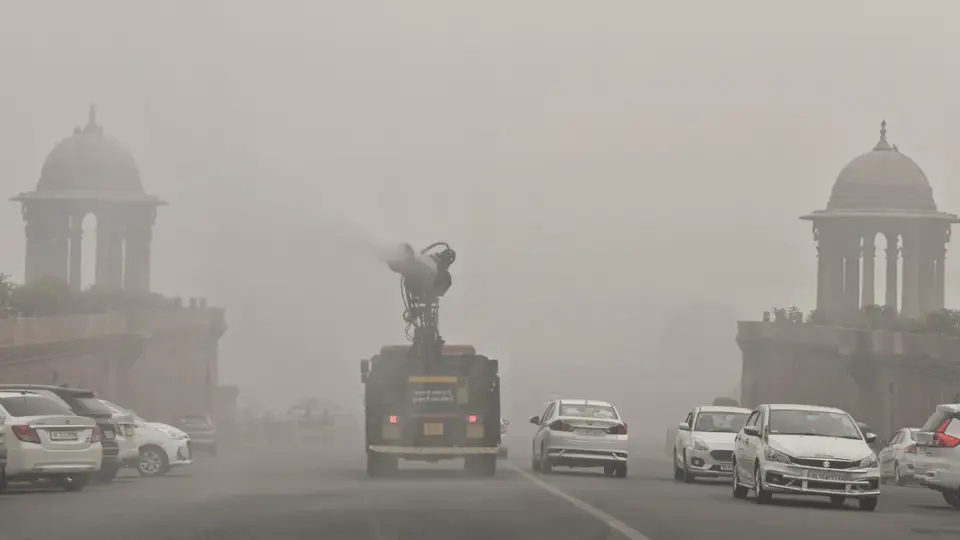
Facts About “Shaheed-e-Azam” Bhagat Singh That You Did Not Know
Celebrating the 112th birth anniversary of the greatest son of “Mother India” we feel proud and are respectful of our hero Bhagat Singh and his ideas. Known as the “Evergreen Youth Icon” Bhagat Singh along with his comrades’ sacrificed his life for the nation at a tender age of 23.
Shaheed #BhagatSingh’s name is synonymous with valour and sacrifice. His courageous actions continue to motivate millions. He remains among the most popular icons in the minds of the youth. I bow to this great son of Mother India on his Jayanti.
— Narendra Modi (@narendramodi) September 28, 2019
Our Hero ?
Tribute to legendary revolutionary freedom fighter & India’s greatest youth icon Shaheed-e Azam Sardar #BhagatSingh on his birth anniversary. Salute & Respect ??
Inquilab Zindabad…Jai Hind ?? pic.twitter.com/3JvsVWrm69— Major Surendra Poonia (@MajorPoonia) September 28, 2019
Remember what you were doing when you were 23? Well, if you don’t then you have all the time to think about it but not now, as we are going to bring a dose of interesting knowledge for you. Yes, you guessed it right we would talk about “Bhagat Singh” but not that is known about him.
We would take a look at facts related to Bhagat Singh’s life that are rarely known. So, with much ado let’s go.
Nationalist From The Very Outset
Unlike many freedom fighters of his time, Bhagat Singh was nationalist from the very outset. The nationalist and reformist attitude that was a part of his family installed in Singh from the very beginning.

His grandfather Arjun Singh was against the idea of Singh joining the Khalsa High School in Lahore as it was loyal to the British. Thus, Singh got his basic education from Dayanand Anglo-Vedic High School, an Arya Samaji institution.

In 1923 Bhagat Singh got enrolled in National College, Lahore and participated in various activities like dramatics, Essay writing, etc. He also won an Essay competition were he wrote about the problems of Punjab.
Also Read: Bard Of Blood Review: An Emraan-Centric Spy Thriller And We Are Not Complaining
Followed The Gandhian Ideology
You have known Bhagat Singh as a revolutionary freedom fighter who took activities as oppose to the Gandhian ideology of non-violence. However, in his early days he was a follower of Gandhiji’s idea.
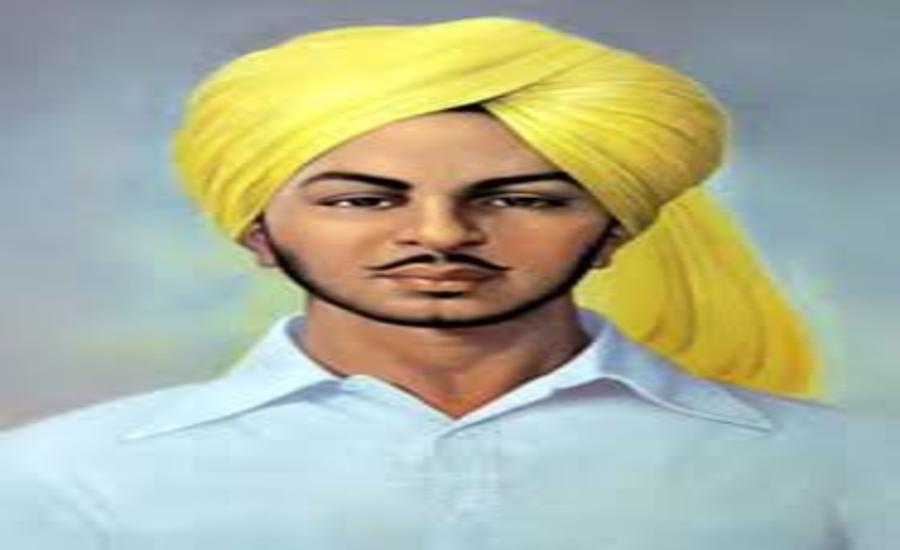
During the Non-cooperation Movement of 1920, Bhagat Singh actively participated in the public procession and supported the Gandhian call for peaceful mass protest. However, the withdrawal of the movement by Gandhiji post Chauri Chaura incident left him disillusioned of the ideology of non-violence. He then moved towards the revolutionary activities.
Defended By Jinnah
The founding father of Pakistan Mohammad Ali Jinnah defended Bhagat Singh during his trials and Jail term. He condemned the British Government’s move of carrying the trial of Bhagat Singh as his comrades without any defense for them in the Assembly Bombing Case.
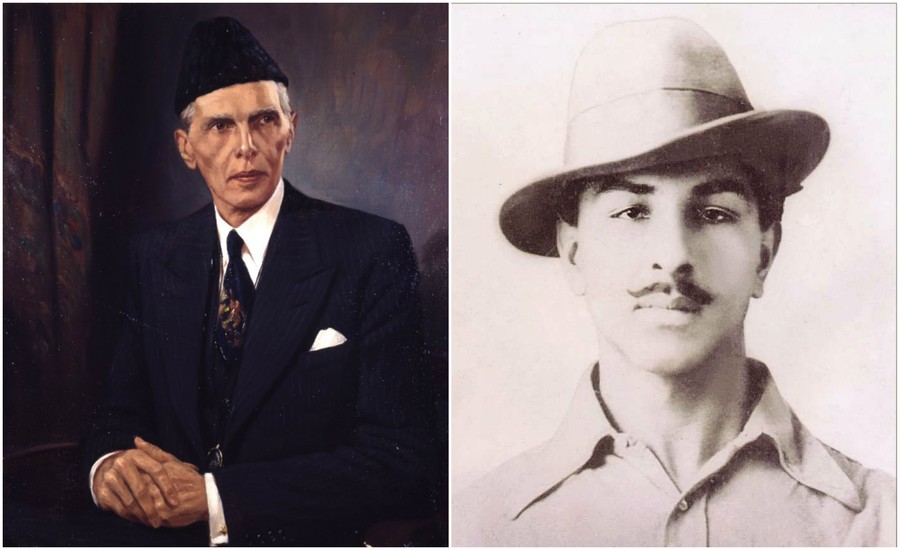
The determination and will shown by Bhagat Singh made Jinnah to call Singh a “Pure Soul”. Jinnah said, “The man who goes on a hunger strike has a soul and he believes in the justice of his case”, in response to Singh’s trial. Bhagat Singh went on a Hunger strike to demand better conditions for Indian prisoners.
It Was To Be 24th March Not 23rd
If you have came reading so far then surely you have a sense of respect and curiosity to know about the national hero. Respecting your curiosity we bring to you one fact related to Bhagat Singh that only a handful of people know.
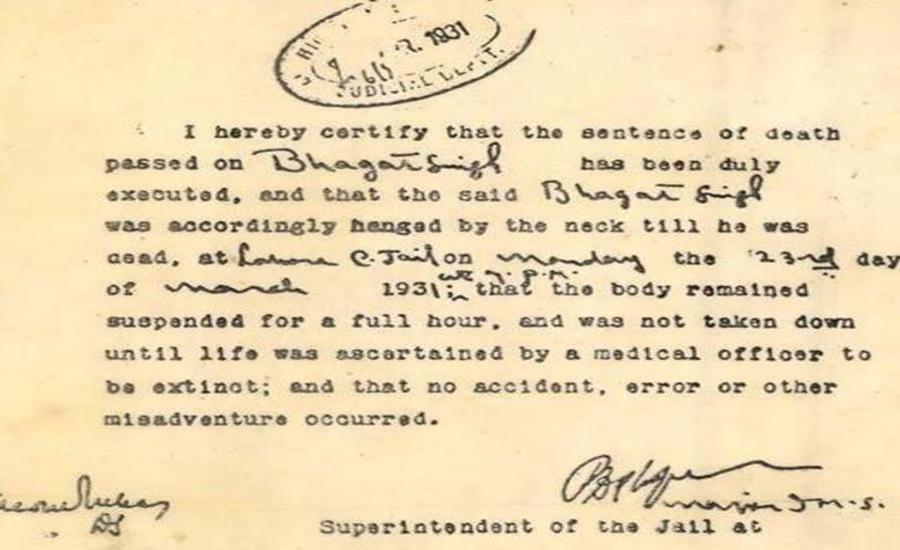
We all celebrate “ Martyr’s Day” on 23rd March as a remembrance of the execution of Bhagat Singh, Rajguru and Sukhdev. However, the actual date for this was 24th March 1931 as per the official schedule. Fearing a huge protest at that time (as the date and time was known to the people) the authorities preponed the schedule by 11 hours.
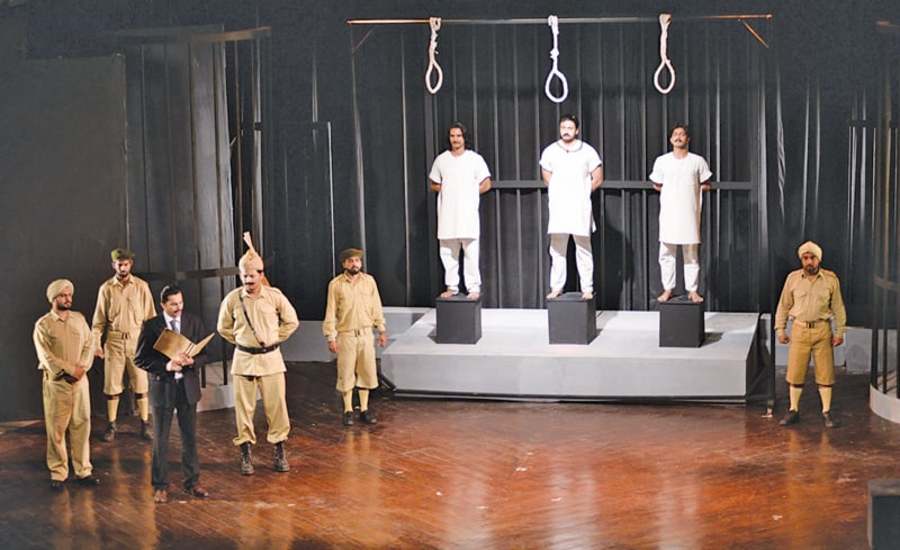
Bhagat Singh, Rajguru and Sukhdev were hanged on the evening of March 23rd, 1931. Later the jail authorities secretly moved the body of the martyrs by digging a hole in the wall and secretly cremated the three men under cover of darkness outside Ganda Singh Wala village (Now in Pakistan), and then threw the ashes into the Sutlej river.

Did you knew any of these facts about Bhagat Singh earlier? Do let us know.

